| A. History (5 Marks) |
Kerala: Arrival of Europeans, Contribution of Europeans, Marthandavarma to Sri Chithira Thirunal, History of Travancore, Social, Religious and Revival Movements, National Movements in Kerala, Literary Sources of Kerala History, United Kerala Movement, Social and Political History of Kerala after 1956.
India: Political history, British rule, First freedom struggle, Formation of Indian National Congress, Swadeshi movement, Social reform movements, Newspapers, Literature and art of independence period, Freedom struggle and Mahatma Gandhi, India’s post-independence period, Reorganization of institutions, Advances in science, education, and technology, Foreign policy.
World: Great Revolution in England, American Independence Movement, French Revolution, Russian Revolution, Chinese Revolution, Political History of World War II, United Nations and other international organizations |
| B. Geography (5 Marks) |
1. Basic Principles of Geography: Structure of the Earth, Atmosphere, Rocks, Earth’s Surface, Atmospheric Pressure and Wind, Temperature and Seasons, Global Issues, Global Warming, Different Types of Pollution, Maps, Topographic Maps and Landmarks, Remote Sensing, Geographical Information System, Oceans, Ocean Movements, Continents, Countries of the World and their Features.
2. India: Topography, States and their features, Northern Mountain Region, Rivers, Northern Great Plain, Peninsular Plateau, Coastline, Climate, Natural Vegetation, Agriculture, Minerals and Industry, Energy Resources, Road, Water, Rail, Air Transport Systems.
3. Kerala: Topography, Districts, Features, Rivers, Climate, Natural Vegetation, Wildlife, Agriculture and Research Institutions, Minerals and System, Energy Resources, Road, Water, Rail, Air Transport Systems. |
| C. Economics (5 Marks) |
India: Economic Sector, Five Year Plans, Planning Commission, Niti Aayog, New Economic Reforms, Financial Institutions, Agricultural Crops, Minerals, Green Revolution. |
| D. Constitution of India (8 Marks) |
Constitution Making Committee, Introduction, Citizenship, Fundamental Rights, Directive Principles, Fundamental Duties, Elements of Government, Important Constitutional Amendments (42, 44, 52, 73, 74, 86, 91), Panchayati Raj, Constitutional Institutions and their Duties, Union List, State List, Concurrent List. |
| E. Kerala – Administration and Administrative Systems (3 Marks) |
Kerala State Civil Service, Constitutional Institutions, Various Commissions, Socio-Economic and Commercial Planning Basic Information, Disaster Management Authority, Wetland Conservation, Employment and Employment, National Rural Employment Schemes, Land Reforms, Protection of Women, Children and Senior Citizens, Social Welfare and Social Security. |
| F. Biology and Public Health (4 Marks) |
General knowledge of the human body, Jivakas and Dhatus and their deficiency diseases, Infectious diseases and pathogens, Health and Welfare Activities in Kerala, Lifestyle diseases, Basic health knowledge, Environment and environmental issues. |
| G. Physics (3 Marks) |
Branches of Physics, Matter: Unit, Dimensions and Scale.
Motion: Newton’s Laws of Motion, Third Law of Motion, Momentum, Motion, Instances of Use of Third Law of Motion, Space Achievements of ISRO.
Light: Lens, Mirror, Mathematical problems using equation r =2f, Different phenomena of light, Rainbow, Different colors of flowers, Electromagnetic spectrum, IR Rays, UV Rays, X Rays, Photoelectric effect.
Sound: Different types of waves, speed of light in different mediums, resonance, and reverberation.
Force: Different types of forces, Friction, Uses and disadvantages of friction, Fluid pressure, Buoyant force, Archimedes principle, Pascal’s law, Density, Relative density, forces, Capillary rise, Viscous force, Surface force.
Centripetal force, Centrifugal force, Satellites, Escape velocity, Mass and weight, Value of g, Value of g at different places on Earth.
Heat: Temperature with different types of thermometers, humidity, relative humidity.
Work: Energy, Power Mathematical problems, Levers, different types of levers. |
| H. Chemistry (3 Marks) |
Atom, Molecule, Different states of matter, Transformation, Gas laws.
Elements: Periodic Table, Metals and Non-metals, Chemical Physical Changes, Chemical Reactions, Solutions, Mixtures, Compounds.
Metals: Non-metals, Alloys, Acid and Alkali, pH value, Alkaloids. |
| I. Arts, Sports, Literature and Culture (4 Marks) |
Art: Major visual and audio arts of Kerala with their origin, spread, and practice, Famous Places, Reputed institutions, Famous people, Famous artists, and Famous writers.
Sports: Major sportsmen of Kerala, India, and the world who have made their mark in the field of sports, their sports, their achievements, and the honors they have received, Major Awards, Award Winners, Knowledge of which area of performance each award is given for, Major trophies, relevant competitions, Sports, Major sports, Number of players participating, Key words related to games, Olympics, Basic information, Major venues/countries, Famous achievements/sports stars, India’s impressive performances at the Olympics, Winter Olympics, Para Olympics, Asian Games, Afro Asian Games, Commonwealth Games, SAFF Games, venues, Countries, Impressive performance by India, Alternative facts, National Games, Games Items, Religious Events, Stars, Achievements, National Sports/ Pastimes of Each Country. Literature: Major literary movements in Malayalam, Early works, and authors, The major works in each movement are their authors, Writers, pen names, aliases, Characters, Works, Famous Lyrics, Works, Writers, and Periodicals were the pioneers of Malayalam journalism, Important Awards Honors, Awarded Writers, Works, Related facts Malayalis who have attained Jnanpeeth, Malayalam cinema origin, growth, milestones, major contributors and National Award for Malayalam Cinema.
Culture: Important festivals in Kerala, famous festivals and places associated with the celebrations, Cultural Centers, Places of Worship, Cultural Leaders and Their Contributions in Kerala. |

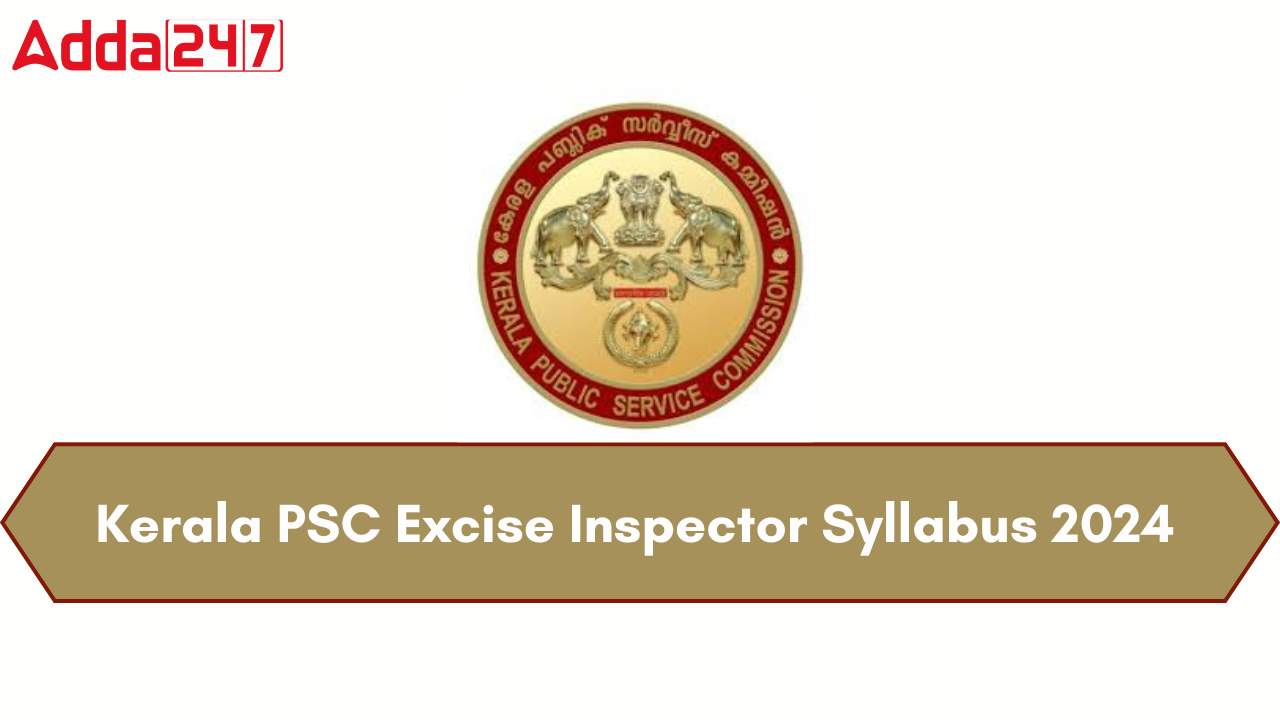

 Kerala PSC Industries Extension Officer ...
Kerala PSC Industries Extension Officer ...
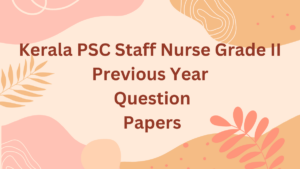 Kerala PSC Staff Nurse Grade - II Previ...
Kerala PSC Staff Nurse Grade - II Previ...
 Kerala PSC Field Assistant Previous Year...
Kerala PSC Field Assistant Previous Year...

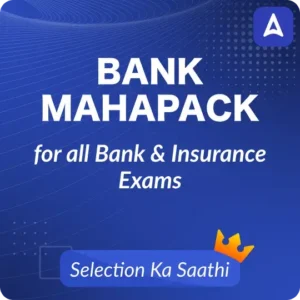
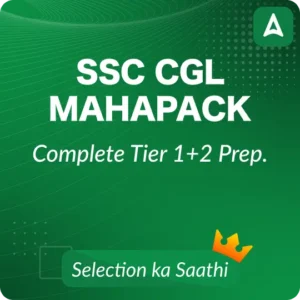
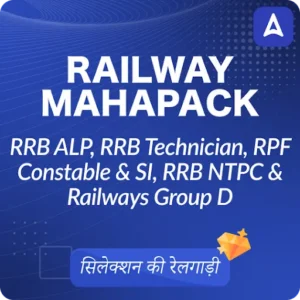
 Adda247 Job portal has complete information about all Sarkari Jobs and Naukri Alerts, its latest recruitment notifications, from all state and national level jobs and their updates.
Adda247 Job portal has complete information about all Sarkari Jobs and Naukri Alerts, its latest recruitment notifications, from all state and national level jobs and their updates.



